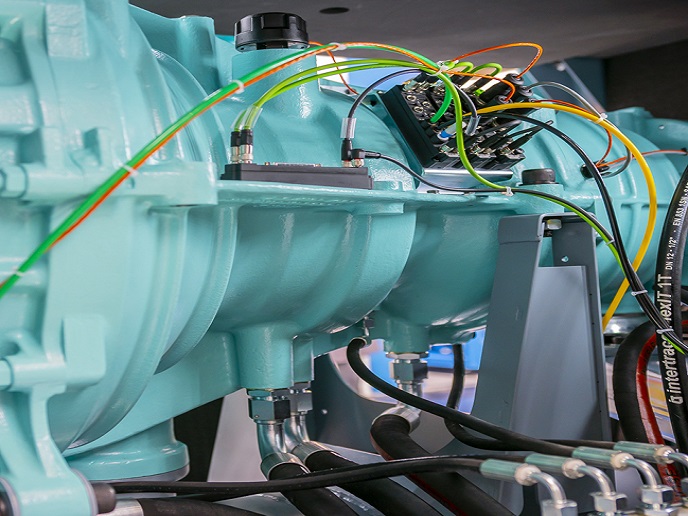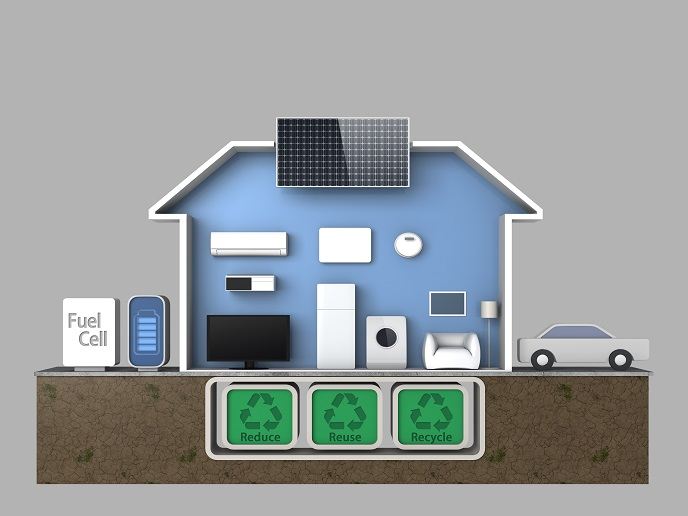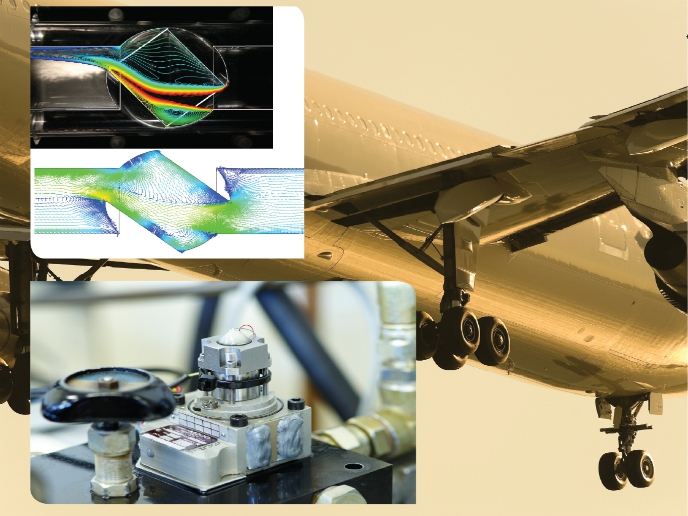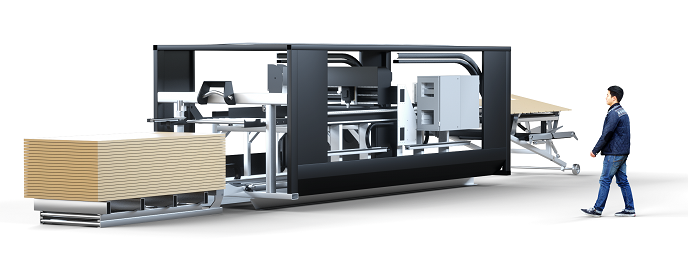Two-component injection moulding for superior vehicle parts
The Carcim project was designed to develop and test prototypes produced by 2C-CIM and thus demonstrate the capability of low-cost, large-scale shaping of complex ceramics. The EU-funded project researchers employed four case studies to evaluate various combinations of ceramics to build on specific characteristics of individual materials. They selected a glow plug combining electrical conductivity with electrical isolation, a gear wheel with superior hardness and toughness, a valve seat with combined toughness and increased resistance to wear, and brake pads with a combination of good friction, strength and heat conductivity. in the course of development and testing, the researchers also investigated non-destructive methods for evaluation throughout the production process to avoid the time and cost-inefficiency of discovering defects after the entire production process has been completed. project partners produced the four parts identified for the case studies and characterised their functionality and performance. The results led to identification of several important requirements for the successful development of two-component ceramic parts. In addition, the Carcim project demonstrated the feasibility of applying 2C-CIM to produce complex ceramic shapes with novel properties. The results could lead to large-scale, low-cost production of ceramic components for the automotive and railway industries, with additional future applications to be developed.







